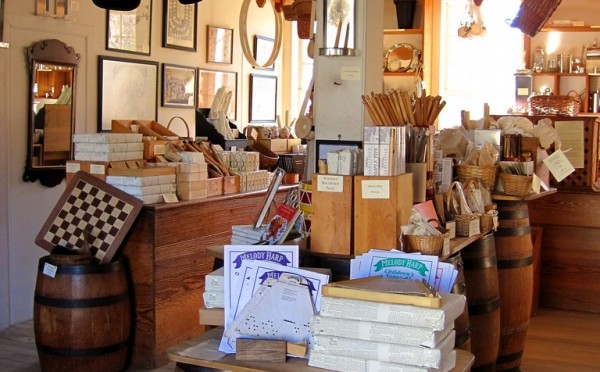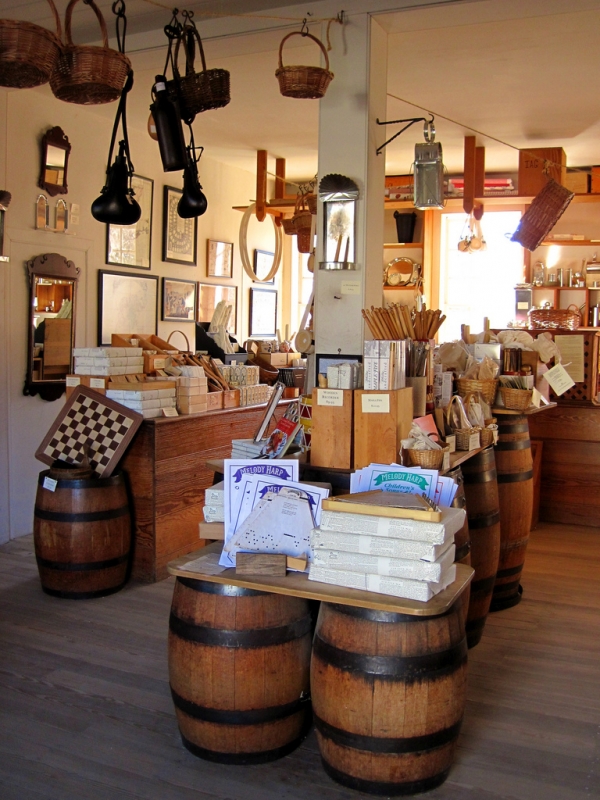Seven years after the beginning of the recession, the economy still isn’t where was pre 2008. Close to 33% of eligible adults have dropped out of the labor force, another third is either freelancing or starting businesses, and the final third are active in the labor force, whether that be full-time or part-time work. For Millennials, we are now going to be a part of this new economy, and the decisions we make could put us in one of the above groups. Internships have always been a way to gain experience and skills during, or shortly after college before applying for full-time jobs. But in 2014, is it time to have a new approach and attitude towards internships and the opportunities that they bring?
Some former interns have come out accusing companies of not paying them well, or paying them at all. While I’m no lawyer and not an interpreter of the law, I’m not going to discuss whether it’s legal or not. However, when you decide to be an intern you’re not an employee and the company doesn’t have to treat, or pay you like one. There is another form of compensation that internships provide, and that’s in experience, confidence, and learning how to navigate through an office setting. Seeing as though many young people are turning to starting their own business because of limited job opportunities, maybe it’s time to look at internships as a preparation and confidence booster towards starting businesses.
Some interns have proclaimed that they had multiple roles in the company, learning multiple aspects and performing an array of tasks. For small business owners overseeing, and at least having a hand in different departments and aspects of the business is necessary. These interns now have the experience of multi-tasking, and grasping the magnitude of being a part of multiple roles within a company.
Now rest assured there will be a majority of interns who won’t start a business or freelance, but for the small group who will, internships can be that confidence booster that they need to get over the initial fear of starting a business. Fear is what stops people from doing anything; all they need is self-confidence and a business mindset that tells them that they can succeed and be their own boss. Internships bring a lot to the table, but money should never be the top priority when seeking a summer intern job.
Get the experience and confidence that you need to be successful. Take advantage of the opportunity that internships bring. If you still decide to become an employee and not run a business, you’ll still walk away from an internship with self-confidence, business skills, and the ability adapt to different situations. Employers have a growing fear that Millennials aren’t ready to join the workforce because they’re not being taught the skills to succeed in an office environment. Get an internship and learn. That’s the best way to get real world experience before fully submerging yourself into the labor force.






